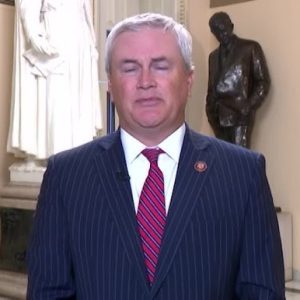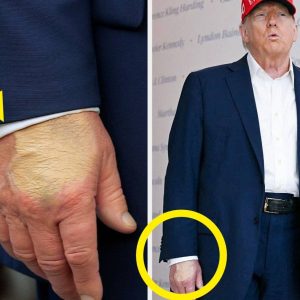Frank Caprio’s Passing at 88 Sparks Debate Over Compassion vs. Tough Justice
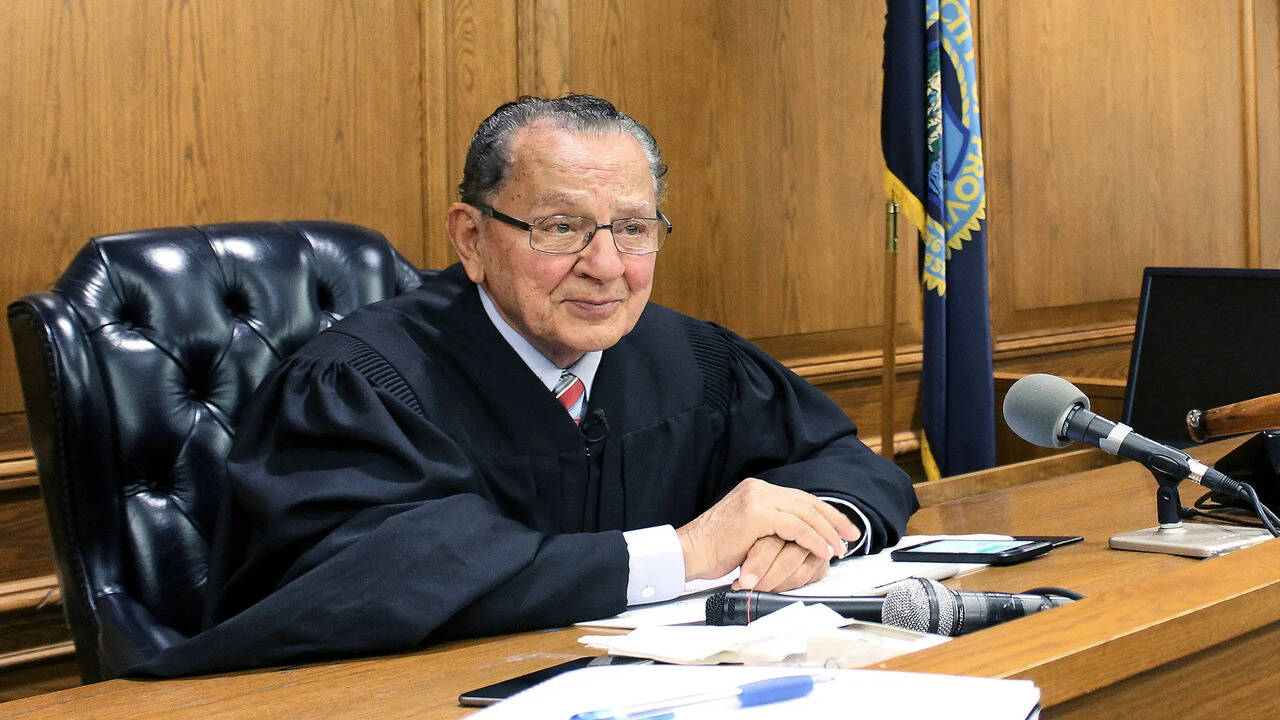
Frank Caprio, the Rhode Island judge who rose to national fame as the star of the Emmy-nominated courtroom series Caught in Providence, has died at the age of 88 after a long battle with pancreatic cancer. His family confirmed the news through his official social media accounts, praising him as a man defined by compassion, humility, and unwavering faith in human goodness.
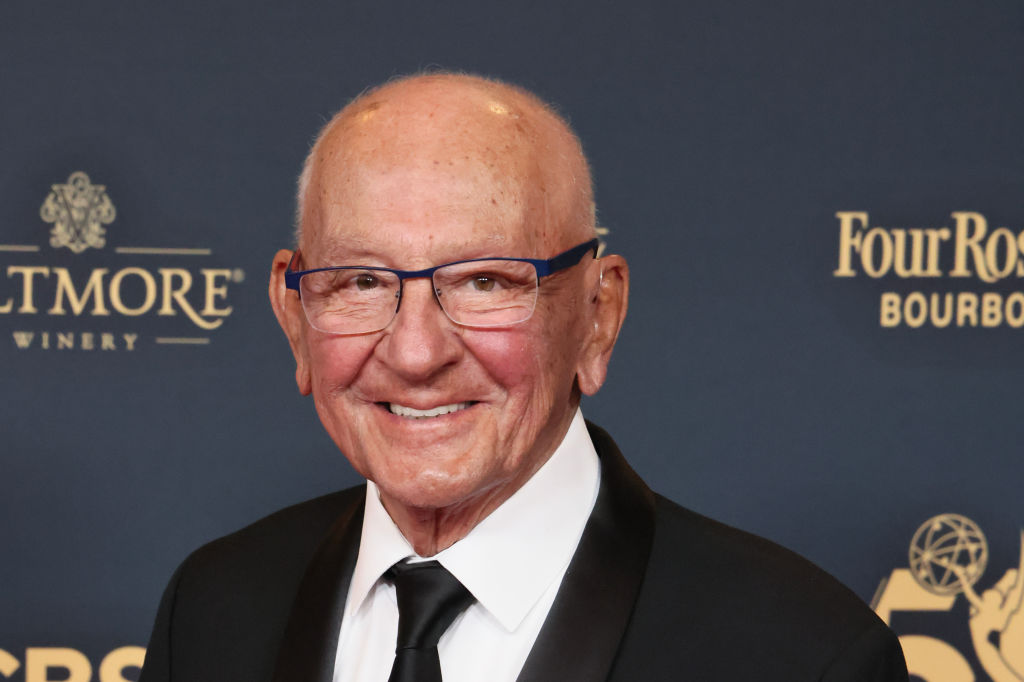
Caprio’s approach to justice made him one of the most beloved figures in American television. Millions of viewers around the world were drawn to his unorthodox style—whether it was waiving parking tickets for struggling families, listening patiently to personal hardships, or injecting humor into tense moments. For his supporters, Caprio represented the rare face of a justice system that often feels cold, harsh, and detached from the realities of everyday life.
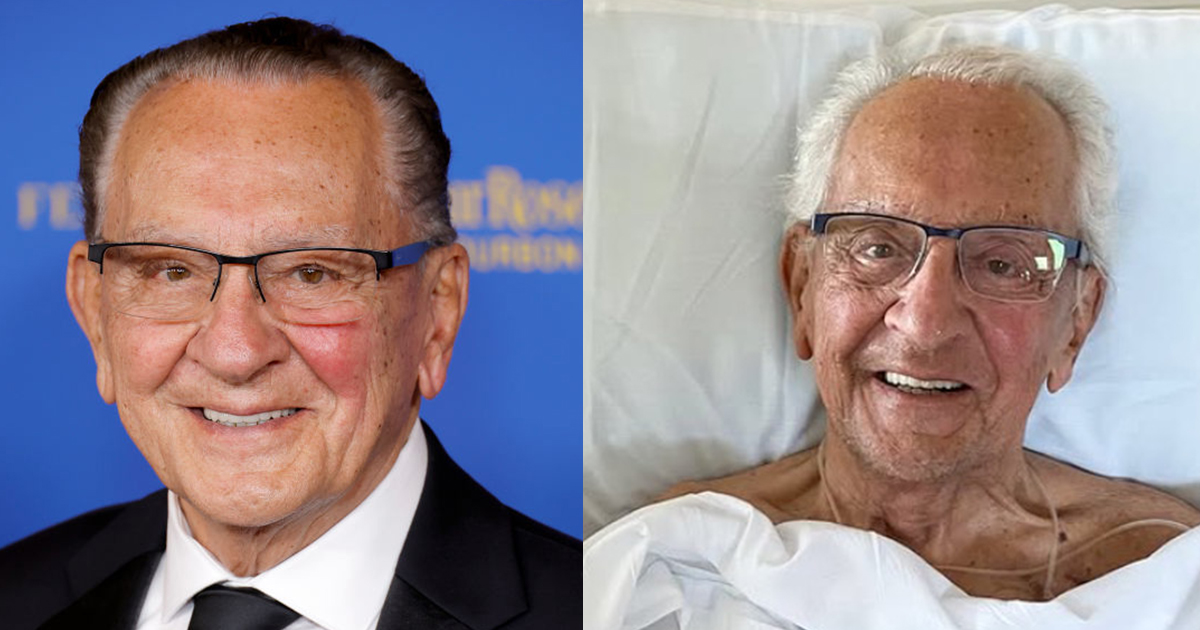
Yet his passing has also reignited a divisive debate: should compassion have such a dominant place in the courtroom? Admirers argue that Caprio’s kindness exposed the human side of law, reminding people that justice can be both firm and merciful. They insist his legacy should inspire future judges to embrace empathy as a strength rather than a weakness.

Critics, however, have long questioned whether Caprio’s televised leniency sent the wrong message. To them, dismissing fines or softening punishments undermined accountability and risked turning justice into entertainment. “Courtrooms are not stages, and judges are not performers,” one legal analyst noted, suggesting that his popularity was fueled more by viral clips than by sound judicial practice.
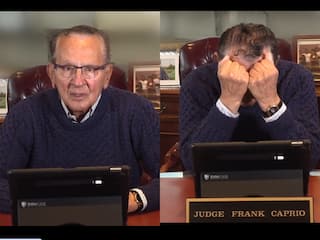
This divide underscores a larger cultural clash in America: is justice better served through strict adherence to rules, or through flexibility and compassion? In an era where public trust in institutions continues to erode, Caprio became a symbol of hope for some—and a point of contention for others who worry that feelings, not facts, may sway the scales of justice.
Regardless of the debate, few can deny the impact Caprio left behind. Beyond the courtroom, he was remembered as a devoted husband, father, grandfather, and friend. His family’s tribute urged the public to “carry forward his legacy of kindness,” even as the nation reflects on the fine line between empathy and impartiality in law.




